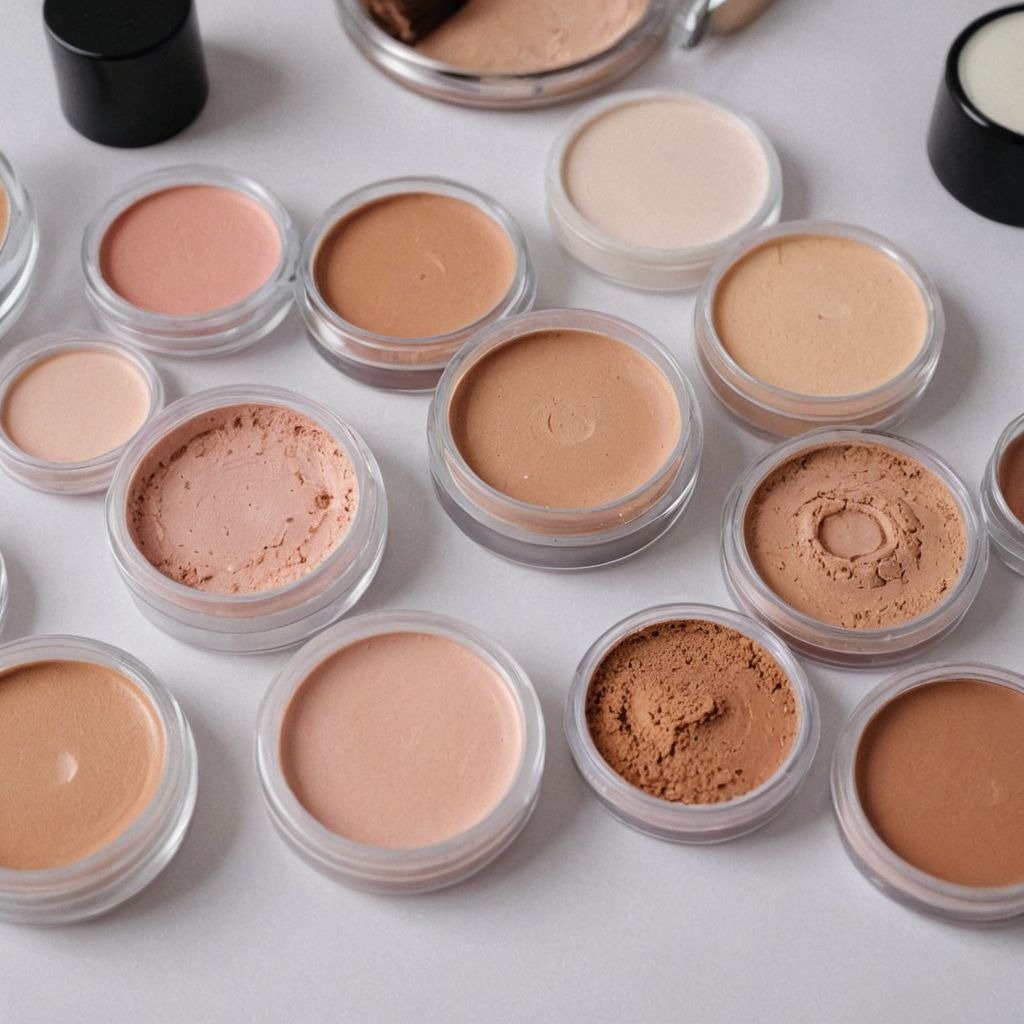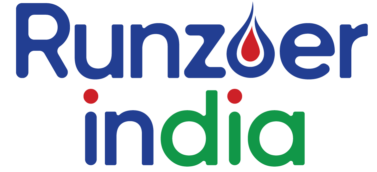The Secret Unveiled: Exploring the Main Stages of Developing a New Cosmetic Product

INTRODUCTION
WELCOME TO RUNZOER INDIA , where we delve into the fascinating world of cosmetic product development. In this article, we will take you through the main stages involved in creating a brand new cosmetic product, unraveling the secrets behind this intricate process. Whether you are an aspiring entrepreneur, a beauty enthusiast, or simply curious about how your favorite cosmetics come to life, this in-depth exploration will provide you with valuable insights. From concept development to formulation, testing, and packaging, we will guide you through each stage, shedding light on the key factors that contribute to the success of a new cosmetic product. Join us on this informative journey as we demystify the art of creating beauty innovations.
Step 1: Crafting the Marketing Brief
The initial and pivotal step is to develop a comprehensive marketing brief. This brief is indispensable in the introduction of a new product as it serves as the foundational point for all subsequent initiatives. It encompasses detailed product and packaging requirements, covering aspects such as product category, desired attributes, including color, odor, texture, and size.
Today, natural seed oils and derivatives, vegetable extracts, and Nordic natural ingredients hold significant interest for both cosmetics manufacturers and consumers, amplifying the importance of sustainability. Once approved, the marketing brief is shared with other departments to kickstart the product development process. It forms the basis for the R&D team to craft the formula and product prototype, while guiding the packaging team in selecting the ideal product packaging based on the stipulated criteria. This initial stage is critical, setting the tone for the success of the entire procedure and product.
Step 2: Research, Development, and Formulation
Inspiration and ideas can also emanate from rigorous research and development efforts. Cosmetic chemists engage in lab experiments to come up with new and innovative concepts, while raw material suppliers actively participate by sharing their latest developments. Subsequently, scientists meticulously work on the cosmetic product formulation, addressing each requirement specified in the marketing brief. They examine various claims and construct multiple prototypes for comparison, ensuring that the resulting product meets safety standards and fulfills its intended purpose.
Step 3: Validation of Raw Materials and Packaging
Upon finalizing the formula, the focus shifts towards selecting raw materials and packaging suppliers. Detailed specifications are provided to multiple providers for assessment, covering properties such as function, allergies, size, color, and odor. Material quality, cost, and functionality are thoroughly reviewed before granting final approval. Once the raw ingredients are accepted, the formulation is locked in, and the prototype is promptly created.
Step 4: Package Design
Following the finalization of raw materials and product formulation, teams embark on crafting the artwork design in collaboration with the chosen package suppliers. This phase involves designing the outer packaging of the product, ensuring that the chosen text, colors, and graphics align precisely with the exterior packaging and marketing brief requirements, as this will be the first point of contact for consumers.
Step 5: Rigorous Quality Testing
Stringent quality testing ensues to validate the safety and compliance of the product with country-specific regulations. A series of tests, including microbiological, toxicological, and stability studies, are conducted to ensure product safety. Furthermore, all product components, including chemical substances and packaging, undergo comprehensive inspection and verification to comply with the laws of commercialization countries. Compliance teams are responsible for gathering the necessary documentation and information required by country legislation, such as the Product Information File, Safety Data Sheet, and Cosmetic Notification Form.
Step 6: Product Approval
Following a thorough examination and approval of each stage in the new product development process, the final product undergoes scrutiny to ensure alignment with the original marketing brief. Upon successful completion of the prototype, production can commence, leading to commercialization, as teams gear up for the next product development cycle.
The Bottom Line
The process of developing new products may vary across companies based on factors such as product type, company size, and strategy. However, the consensus remains that the process is time-consuming and challenging. The procurement of the right raw materials is pivotal for successful product development. For those seeking castor oil-based cosmetics, visit RUNZOER INDIA, India’s premier castor oil manufacturer and the largest supplier in the Indian cosmetics market, to explore their range of castor oil products.
